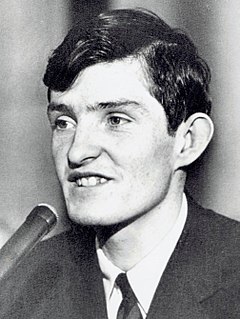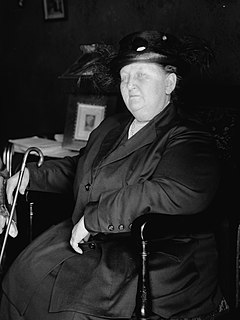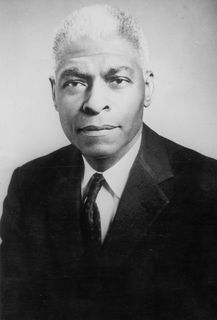A Quote by Robert Trout
We fear doing too little when we should do more. Then atone by doing too much, when perhaps we should do less.
Related Quotes
Christianity stands or falls with its revolutionary protest against violence, arbitrariness and pride of power and with its plea for the weak. Christians are doing too little to make these points clear rather than too much. Christendom adjusts itself far too easily to the worship of power. Christians should give more offense, shock the world far more, than they are doing now. Christian should take a stronger stand in favor of the weak rather than considering first the possible right of the strong.
Our incomes should be like our shoes, if too small, they will gall and pinch us, but if too large, they will cause us to stumble and to trip. Wealth, after all, is a relative thing, since he that has little and wants less is richer than he that has much but wants more. True contentment depends not upon what we have; a tub was large enough for Diogenes, but a world was too little for Alexander.
Visitors should conform as much as possible to the habits and customs of the house. They should be moderate in their demands for personal attendance. They should not carry their moods into the drawing-room or to the table, and, whether they are bored or not, should be ready to contribute as much as in their power to an atmosphere of pleasure. If the above involves too much self-sacrifice, then an invitation to visit should by no means be accepted.
Memory implies that there is some static time and place you can go back to, whereas if you relive it by trying to put yourself back in that context, its more nuanced, less black and white. More traumatic, but also more exciting. When I knew I had to write about things that would be painful, I put off doing it for ages. But then eventually the fear of not doing it becomes greater than the fear of doing it.

































